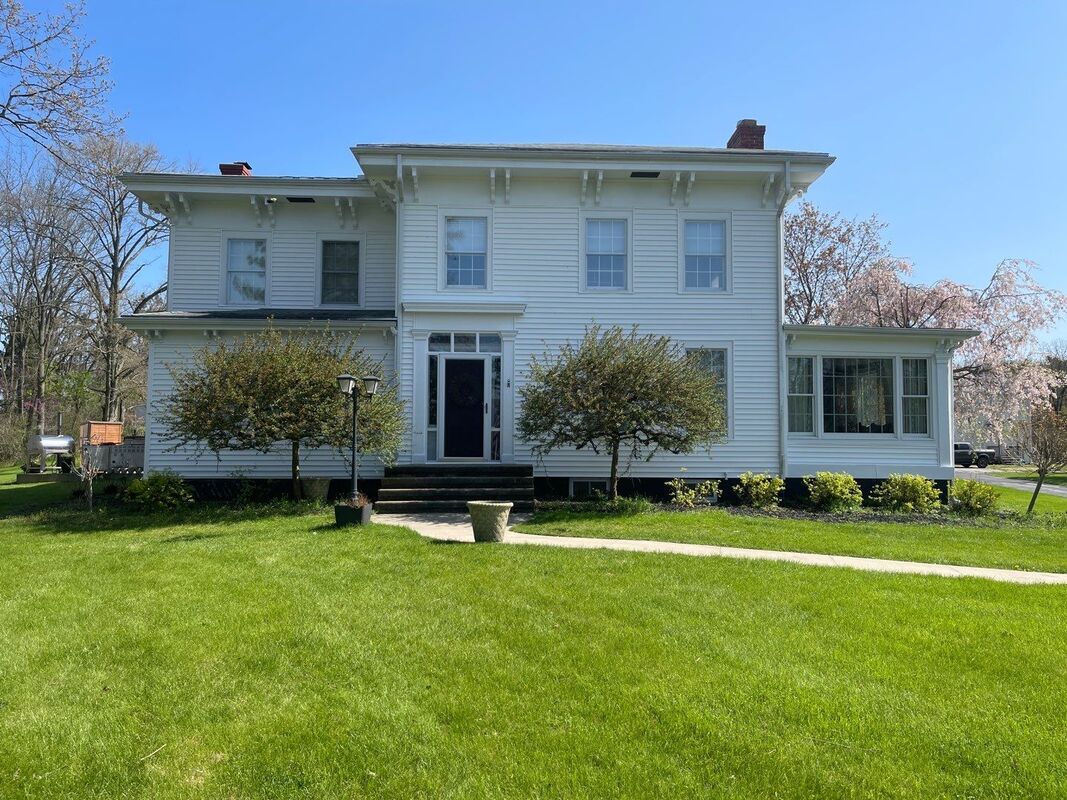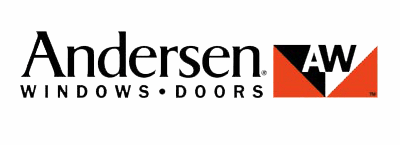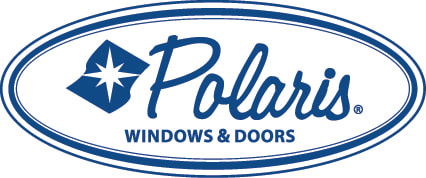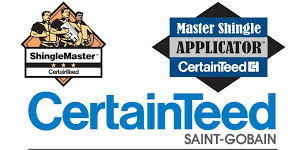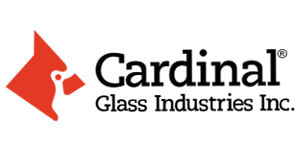|
The siding on a home has two primary purposes. As the first line of defense against weather, it protects the home’s structure. Siding also contributes to curb appeal—something you’ll want to consider if you plan to sell your home.
With several siding options available to homeowners, how do you determine what will work best for your home? According to recent data from the U.S. Census, stucco and vinyl siding are the two most common materials used for home exteriors. This article focuses on vinyl siding replacement. We’ve included everything you need to know about vinyl siding. From its benefits to the installation process to how much of a financial investment you’ll make, you’ll find everything you need to decide whether this siding option is right for you. How to Determine Your Siding NeedsMost homeowners spend quite a bit of time researching siding options. Of course, enhancing the appearance of your home matters, but it’s not only about aesthetics. Before you make your final determination, it’s good to consider how well each type of siding protects your home. You’ll want to know as much as possible about the following:
FEMA recommends a minimum fire-resistance rating of one hour, although higher ratings offer greater protection in areas prone to wildfires. Here in Indiana, a one-hour rating is sufficient. Damage from moisture puts your home’s structure and your health at risk, and so do pests. In the Midwest, subterranean termites pose the biggest threat to homes with wood siding. Squirrels, rats, and other rodents chew siding, which opens the door to insect infestations. Finally, choose a siding that will protect your home from the elements. Hail, wind, heavy snow, and, of course, direct sunlight all impact siding. Don’t forget maintenance! You don’t want to install a product that needs an excessive amount of TLC. We’ll cover vinyl siding maintenance more in-depth later in the article. Why Cover a Home With Vinyl Siding? Of all the options available to you, vinyl siding offers many features and benefits that make it one of the best materials to cover your home. Here are a few key reasons why: It's DurableVinyl siding is remarkably strong. Constructed from PVC plastic resin, vinyl siding is a force to reckon with for resistance to rust, warping, chipping, and rot. This siding also holds up against the weather. Sun, rain, and wind won’t deter its ability to protect your home. Humidity or air pollution—prevalent in the Midwest— don’t impact vinyl siding. If you go with vinyl, you could enjoy 20-40 years of service before you’ll need to consider siding replacement again. It Doesn't Attract PestsUnlike wood siding, modern vinyl siding is insect-proof. You’ll never worry about termites, ants, wasps, and other pests. Even aggressive birds like woodpeckers prefer wood siding over vinyl. It's Water-ResistantOne thing to remember about siding is that you won’t find a siding material that’s 100% waterproof after installation on a house. While vinyl won’t absorb water, moisture may still get behind the siding if the installers don’t use a high-quality house wrap. To optimize moisture resistance, installers rely on caulk, tape, sealants, flashing, trim, and house wrap. It's Energy-EfficientWhile siding protects your home, it can improve your home’s energy efficiency with the correct R-value. R-value measures thermal resistance—prevention of the transfer of heat. Standard vinyl siding has an R-value of 0.61. The R-value of insulated vinyl siding can be as high as 3 or 4. The larger the R-value, the harder the siding’s insulation works to prevent heat loss. Installing insulated vinyl siding in the cold Midwest winters gives you an advantage. Next, we’ll talk about how vinyl siding can enhance the appearance of your home. Vinyl Siding Offers a Wide Range of OptionsIn some neighborhoods, it seems like the neighbors consulted with each other when choosing house colors. There’s a lot of white and gray. Maybe you prefer to make a bolder statement, and you’re worried that vinyl siding will limit your style. Rest easy. Vinyl siding comes in an almost endless choice of colors, styles, and designs. When you can cover your home in colors like Russet Red, English Wedgewood, Deep Granite, or Pebblestone Clay, you’re well on your way to standing out in the neighborhood. And these are only a few of the stunning colors available from today’s vinyl siding manufacturers. You can even choose a siding style that looks like freshly painted wood—the classic look of wood siding without the cost or the upkeep. Did you know you can also order the siding panels in different widths? Not only that, but you can order horizontal and vertical panels. Some manufacturers even offer different textures. Whether you prefer a smooth finish or love the appearance of wood grain, you can get just the right look for your house. Vinyl Siding MaintenanceWhen you think about your siding options, you can’t avoid considering how much maintenance is required. After all, who wants to spend weekends tending to fussy home maintenance projects? Here’s how vinyl siding maintenance compares to other common siding materials:
With vinyl, all you need is mild soap, water, and a garden hose to keep it looking pristine. If you’re careful or hire a professional contractor, you can also use a pressure washer for cleaning. If you prefer store-bought cleaning solutions, you can find vinyl-specific products at most home improvement stores. You can’t ask for lower maintenance covering for your home. Tip: Unlike other siding materials, you should not need to paint your vinyl siding. If you decide you’d like to change the color, there is paint that you can apply to vinyl siding. However, you could risk voiding your warranty if you paint. Make sure you understand the conditions of your warranty before making any cosmetic changes. What About Vinyl Siding Oxidation?Over time, you may notice a white, chalky residue. You’ll need to run your hand across the siding panels on the lighter-colored siding. This is due to oxidation. Vinyl siding is made from polyvinyl chloride (PVC) resin. Oxidation is the natural process that occurs when you expose PVC to oxygen and other natural elements. Dirt and grime buildup also cause oxidation. You can deal with oxidation by cleaning the siding. You’ll start with a rinse of the area using a garden hose. Next, apply a cleaning solution of vinegar and water, dish soap, or bleach. Use a soft cloth or brush to remove the chalky residue. Finally, rinse again with the garden hose. You might prefer to let a professional clean your siding, which is fine. Just make sure they have experience cleaning vinyl siding, especially if they use a pressure washer. While installation isn’t complicated, particularly when comparing it to some of the other siding options, it still requires careful planning and skill. It’s easy to make what seems like minor mistakes, but they are mistakes that can lead to warping and several other problems. Proper installation requires expertise that you’ll only find when hiring a professional installer. Have More Questions About Vinyl Siding Replacement?Before you decide on the ideal siding option for your home, it’s wise to talk about your options with a professional. Pay close attention to their reviews. That way, you can be confident that the materials you select are durable, go with the style of your home, and fit well with your budget. Talk with the experts at Energy Efficient Replacements for help with your vinyl siding replacement. We’re happy to go over the details of your project with you. Then, we’ll put together a proposal and go over our recommendations. Reach out today for a no-obligation estimate. Indiana Service Area: South Bend, Mishawaka, Granger, Elkhart, Goshen, Osceola, Notre Dame, Bremen, Nappanee, Bristol, Middlebury, New Carlisle, La Porte, Kingsbury, Michigan City, Rolling Prairie, Beverly Shores, Long Beach, Valparaiso, Chesterton, Portage, Warsaw, New Paris, Milford, Howe, Westville, Plymouth, Syracuse, North Webster, Lakeview Spring, Leesburg, Wakarusa, Benton, Lapaz, North Liberty, Walkerton, Fish Lake, Kingsford Heights, Mill Creek, Roseland, Michiana Shores, Dune Acres, Ogden Dunes, Burns Harbor, Fort Wayne, Highland, Schererville, St John, Crown Point, Merrillville, Gary, Hobart, Lake Station, Argos, Culver, Columbia City, Kendallville, Angola, Howe, Lagrange, Shipshewana, Fort Wayne, auburn, New Haven, Rochester, Winamac, IN Michigan Service Area: Three Oaks, Sawyer, Buchanan, Niles, Dowagiac, Edwardsburg, Grand Beach, New Buffalo, Union Pier, Bridgman, Baroda, Stevensville, Shoreham, St Joseph, Benton Harbor, Cassopolis, Union, Berrien Springs, Lakeside, Berrien Center, South Haven, Three Rivers, Constantine, Portage, Kalamazoo, Battle Creek, Schoolcraft, White Pigeon, Mattawan, Baroda, Hartford, Lawton, Decatur, Sister Lakes, Eau Claire, Sodus, White Pigeon, Sturgis, Jones, Vandalia, Marcellus, Paw Paw, Lawton, Mattawan, MI. |
Visit our SHOWROOM IN Granger!
Energy Efficient Replacements
51285 Bittersweet Rd Suite I
Granger, IN 46530
Energy Efficient Replacements
51285 Bittersweet Rd Suite I
Granger, IN 46530
Indiana Service Area: South Bend, Mishawaka, Granger, Elkhart, Goshen, Osceola, Notre Dame, Bremen, Nappanee, Bristol, Middlebury, New Carlisle, La Porte, Kingsbury, Michigan City, Rolling Prairie, Beverly Shores, Long Beach, Valparaiso, Chesterton, Portage, Warsaw, New Paris, Milford, Howe, Westville, Plymouth, Syracuse, North Webster, Lakeview Spring, Leesburg, Wakarusa, Benton, La Paz, North Liberty, Walkerton, Fish Lake, Kingsford Heights, Mill Creek, Roseland, Michiana Shores, Dune Acres, Ogden Dunes, Burns Harbor, Fort Wayne, Highland, Schererville, St John, Crown Point, Merrillville, Gary, Hobart, Lake Station, Argos, Culver, Columbia City, Kendallville, Angola, Lagrange, Shipshewana, Auburn, New Haven, Rochester, Winamac, IN
Michigan Service Area: Three Oaks, Sawyer, Buchanan, Niles, Dowagiac, Edwardsburg, Grand Beach, New Buffalo, Union Pier, Bridgman, Baroda, Stevensville, Shoreham, St Joseph, Benton Harbor, Cassopolis, Union, Berrien Springs, Lakeside, Berrien Center, South Haven, Three Rivers, Constantine, Portage, Kalamazoo, Battle Creek, Schoolcraft, White Pigeon, Mattawan, Hartford, Lawton, Decatur, Sister Lakes, Eau Claire, Sodus, Sturgis, Jones, Vandalia, Marcellus, Paw Paw, Holland, Harbert, MI.
Products offered by Energy Efficient Replacements include: Sunroom, Sunrooms, Screen Rooms, Additions, Sunroom Addition, Screen room Addition, patio enclosures, Vinyl Replacement Windows & Patio Doors, Entry Doors, French Doors, Vinyl Siding, Siding Replacement, Siding Installation, Siding Companies, Seamless Gutters, Soffit and Fascia and Roofing. Roof Replacement, Roof Installation, Roofing, Roofing Contractor, Window Service, Window Contractor, Local Window Company, Residential Window Company, Window Installation, Window Replacement, Replacement Window Installation, Energy Efficient Windows, Residential Windows, Gutter Cleaning, Leaf filter, leaf slugger, gutter guards, gutter screens, gutter protection, Energy Saving Windows, Discount Window Replacement, Home Window Replacement, Home Window Installation, Residential Window Replacement, House Replacement Windows, Replacement Home Windows, New Windows, Glass Block Basement Windows, Bow Window Installation. Bay Window Installation, Andersen Windows, Sunrise Windows Dealer, Marvin Windows, Pella Windows, Egress Windows Installation, Egress Window Contractor, Fire Escape Windows, Screens, Re-Screening, Screen Frames, Screen Frame Repair, Door Screens, Window Screens, Security Doors, Storm Doors, Andersen Doors, Andersen, Window Installation Near Me. Window Contractor Near Me, Window Replacement Near Me, Siding Contractor Near Me, Siding Replacement Near Me, Siding Installation Near Me, Retractable Awnings, Porch Awnings, Patio Shades

